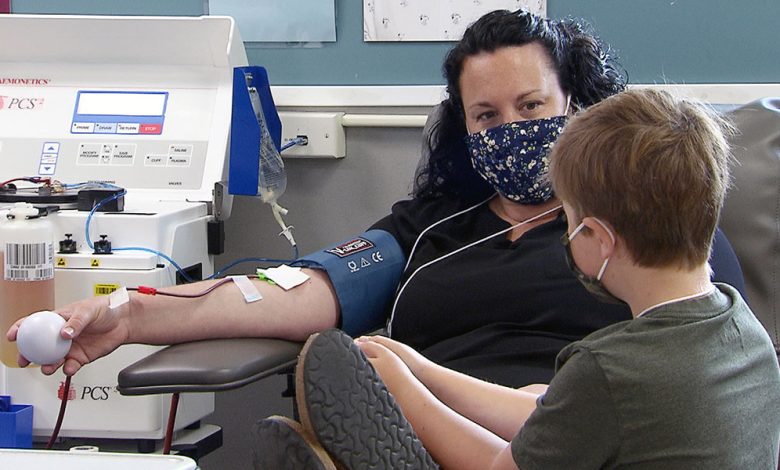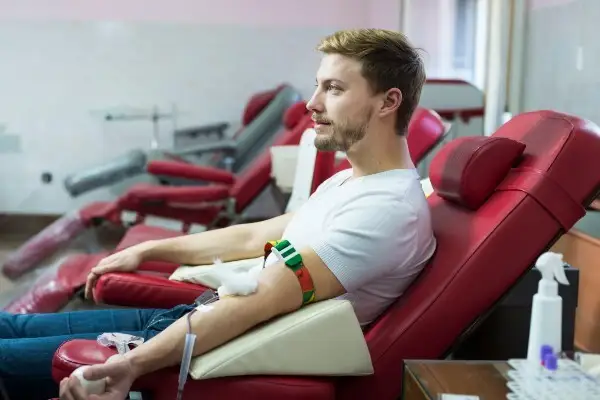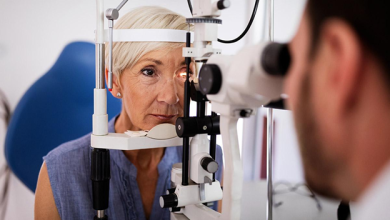What to Know About Donating Plasma in New Jersey

If you are thinking about donating plasma in New Jersey, it’s helpful to know the requirements, benefits, and how to go about it. This guide teaches you how to get started safely and with confidence.
Who Needs Plasma? The Science Behind This Precious Resource
Composition of Plasma
Plasma is the most utilized part of human blood, making up approximately 55% of its total volume. It consists mostly of water (about 90%), along with proteins, electrolytes, nutrients, hormones, and waste products. Proteins such as albumin and globulins help regulate blood pressure, assist in transport, and support clotting processes. Albumin maintains oncotic pressure and acts as a carrier for drugs and hormones, while globulins help form antibodies, and fibrinogen aids in wound healing. This complex composition explains why plasma is critical not just for transfusions, but for developing life-saving therapies.
Plasma’s Role in Medical Treatments
Plasma is essential for producing clotting factor concentrates for hemophilia patients, immunoglobulin therapies for immune deficiencies, and albumin solutions for severe burns or shock. It’s also used in treatments for hepatitis, autoimmune conditions, and more. As chronic diseases increase and the population ages, the demand for plasma-derived therapies—and for plasma donation in New Jersey and beyond—continues to grow.
The Lifesaving Impact of Donating Plasma: A Real-World Example
To appreciate the power of plasma donation, think of patients with hemophilia who depend on clotting factor infusions to lead active lives. Individuals with autoimmune diseases often rely on IVIG therapies made from donated plasma to manage symptoms. These treatments provide more than medical relief—they offer hope and quality of life. Convalescent plasma therapy also gained attention during the COVID-19 pandemic, reinforcing the importance of plasma donations during health crises. One donation can benefit many patients, making your contribution incredibly impactful.

Are You Eligible? Common Plasma Donation Myths Debunked
Health Criteria: Are You a Good Fit as a Donor?
Understanding donor eligibility is key before contributing to plasma donation in New Jersey. Most centers follow FDA and CDC guidelines, requiring donors to be in good health and free from chronic or transmissible diseases. Eligibility includes a medical history review and a physical examination. Disqualifying conditions include HIV, hepatitis B and C, and certain medications or recent vaccinations may result in temporary deferrals. Most centers list this information on their websites or can answer questions directly.
Age and Weight Requirements
In addition to health, age and weight are essential factors. Most centers require donors to be at least 18, although some states allow donations from 16 or 17-year-olds with parental consent. Donors typically must weigh at least 110 pounds. These criteria ensure both donor safety and a high-quality plasma supply. Rest assured, the process is supervised by medical professionals to keep donors safe and comfortable.
What to Expect at Your First Donation Appointment
First-time donors can expect a friendly welcome and a thorough screening, including a medical history review, vitals check, and a quick blood test to measure protein and hematocrit levels. Once cleared, you’ll lie in a lounge-style chair as blood is drawn, plasma separated, and red blood cells returned to your body. The entire visit takes about two hours, with the donation itself lasting around 45 minutes. Staff will monitor you and provide refreshments to help you recover. Most new donors report the experience as much easier—and more rewarding—than expected.
Where to Donate Plasma in New Jersey
Types of Donation Centers
There are both nonprofit and for-profit plasma donation centers in New Jersey. Nonprofit organizations, like the American Red Cross, focus on humanitarian missions, while for-profit centers such as CSL Plasma or Grifols provide monetary compensation. Sites like DonateBloodNJBlood.org list nearby centers and offer helpful resources. You can also find reviews on platforms like Google or Yelp to evaluate cleanliness, staff professionalism, and overall donor experience.
Nonprofit vs. For-Profit Centers
Each type of center has pros and cons. Nonprofits emphasize community service, while for-profit clinics operate on business models that include donor incentives. Both are subject to strict safety and ethical standards, but the atmosphere and motivations may vary. Ultimately, your choice depends on whether you value community involvement or donor compensation more.
Finding a Convenient and Comfortable Location
When selecting a plasma donation in New Jersey site, consider location, hours, and amenities. Choose a center near your home or work for convenience. Visit during off-peak times—like early mornings or weekdays—to avoid long lines. Also assess seating comfort, cleanliness, and staff knowledge. Don’t hesitate to ask friends or family for recommendations—they can provide valuable firsthand insights.
More Than Donation: Additional Benefits and Impacts
Payment and Perks
Many for-profit centers offer payments ranging from $20 to $50 per visit, with potential bonuses for frequent donations. Some even run rewards programs where points can be redeemed for gift cards or other items. While compensation can motivate donors, the primary purpose remains supporting medical needs. Payment is simply recognition of your time and effort.
Building a Sense of Community
One lesser-known benefit of plasma donation is the community it fosters. Centers often host events like donor appreciation days, health fairs, and educational sessions. Donating becomes a shared experience that can lead to lasting friendships and social connections. Participating in local donation initiatives also promotes ongoing awareness and engagement.
Supporting Medical Research and Development
Plasma donations also support vital research into autoimmune disorders, rare blood diseases, and infectious conditions. Research institutions often partner with donation centers to study and develop new treatments. Your contribution plays a key role not just in today’s healthcare but in the future of medicine. Participating in plasma donation in New Jersey means helping patients now and enabling breakthroughs for generations to come.




